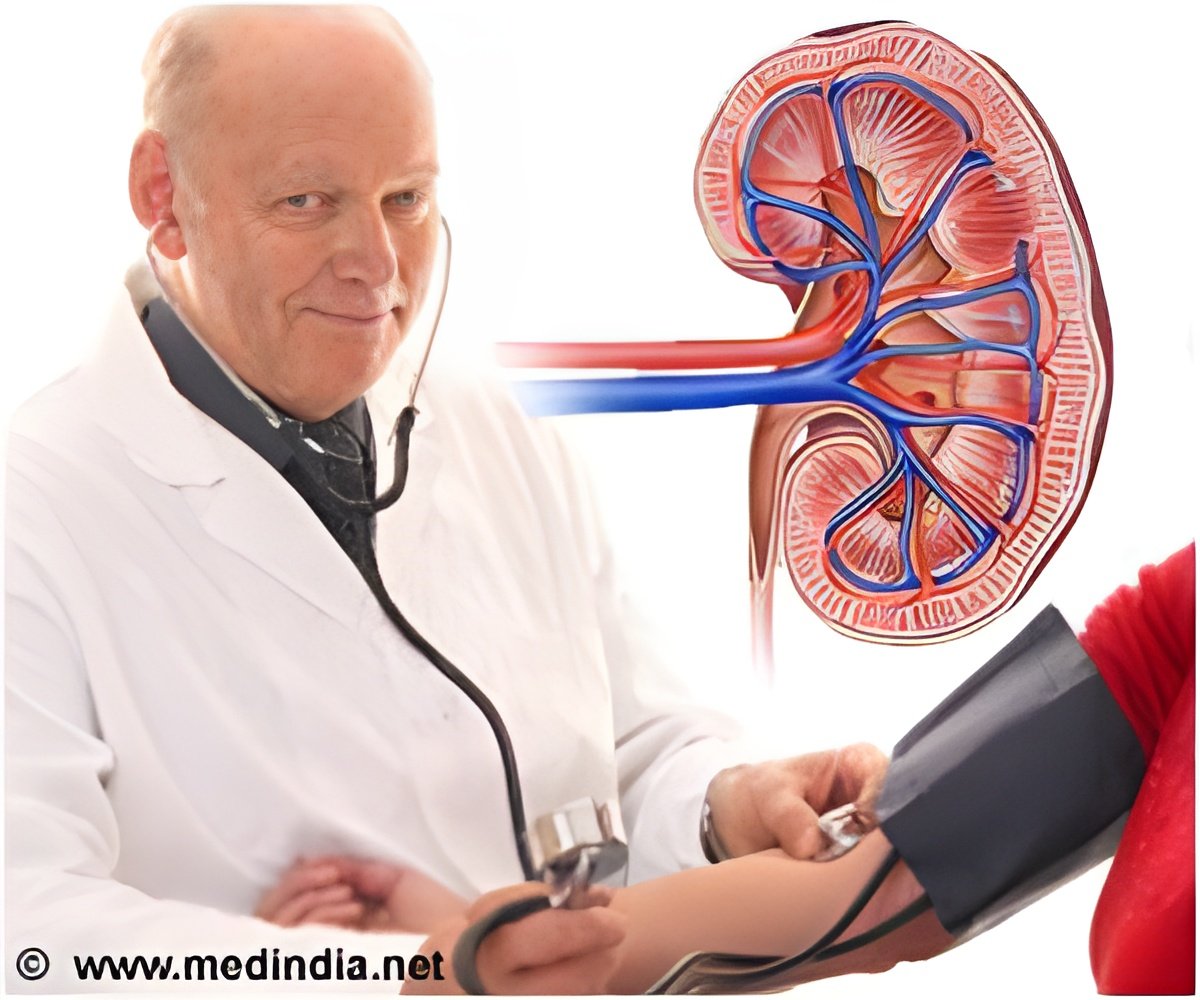
‘Many patients with kidney disease either do not receive nutritional interventions or receive suboptimal therapy with inadequate monitoring.’
Tweet it Now
In 2018, international experts from the International Society of Nephrology (ISN) Global Kidney Health Atlas Team and International Society of Renal Nutrition and Metabolism (ISRNM) developed a questionnaire for a Global Kidney Nutrition Care Atlas aimed at evaluating kidney nutrition care services across countries.Researchers at the Queen Mary Hospital, The University of Hong Kong examined 2 aspects of kidney nutrition care included in the Atlas: current global availability, capacity, and cost of kidney nutrition care services; and communication between dietitians and nephrologists in the delivery of kidney nutrition care.
For the Atlas, a survey was administered electronically to key kidney care stakeholders (nephrology leaders, policymakers, and consumer organization representatives) in 182 ISN-affiliated countries. Overall, 160 of 182 countries (88%) responded, of which 155 countries (97%) answered the survey items related to kidney nutrition care.
Survey responses revealed the following:
- Only 48% of the 155 countries have dietitians/kidney dietitians to provide kidney nutrition care.
- Dietary counseling provided by a person trained in nutrition is generally not available in 65% of low/lower-middle-income countries and ‘never’ available in 23% of low-income countries.
- Forty-one percent of the countries do not provide a formal assessment of nutrition status for kidney nutrition care.
- The availability of oral nutrition supplements varies globally and is mostly not freely available in low/lower-middle-income countries for both inpatient and outpatient settings.
- Dietitians and nephrologists only communicate `sometimes’ on kidney nutrition care in more than 60% of countries globally.
This report will be an important advocacy tool to promote governmental prioritization and allocation of resources and manpower for this essential component in kidney care worldwide, especially in lower-income countries.
Advertisement
Source-Medindia














